South Korea trucker strike enters 8th day, disrupts global supply chain of chip production
A strike by truckers in South Korea entered its eighth day on Tuesday, disrupting shipments of a key cleaning agent used by makers of semiconductor chips to China.
It is the first sign that the strike has begun the bite the global supply chain of chip production, which has already cost the South Korean industry more than $1.2 billion in lost output and unfilled deliveries.
The week-long strike has paralyzed ports and cargo terminals in the country, which is a major supplier of
The country is also considered the world's largest memory chip exporter.
The Korean International Trade Association (KITA) in a statement on Tuesday said a Korean company that produces isopropyl alcohol (IPA), a chemical used in the cleaning of chip wafers, faced difficulties in shipping to a Chinese company that in turn supplies wafers to chipmakers.
About 90 tonnes of the material have been delayed, the top trade body said in a statement.
The talks between the government and strikers have failed to yield a breakthrough, forcing more factories to cut production due to a lack of warehouse space to stock products.
The truckers, who are protesting against soaring fuel prices and demanding guarantees of minimum pay, have vowed to continue the protest.
"All we are asking for is to remove the uncertainty in our lives," Cho Jeong-jae, a member of the Cargo Truckers Solidarity Union, was quoted as saying by AFP on Tuesday.
In a statement on Tuesday, the truckers’ union also condemned the transport ministry for being "neither willing to talk nor capable of resolving the current situation".
Transport Minister Won Hee-ryong has ruled out accepting any demand that seeks to take the national economy hostage.
"The government will continue to listen to reasonable arguments but strictly respond to illegal actions in accordance with laws and principles," Won said, according to a ministry statement.
According to data from Seoul's trade ministry, the strike has so far cost key industrial sectors in Asia's fourth-largest economy more than $1.2 billion in lost production and unfilled deliveries.
Small business owners have also voiced concern about the impact of a lengthy strike on the recovery from the COVID-19 pandemic.
The defiant South Korean truckers, numbering around 22,000, started the strike on Tuesday, and severely disrupted the country's supply chain in the last week.
Political analysts see the strike as a first test of the managerial skills of the new South Korean president, Yoon Seok-youl, who has been in power for only one month.
Yoon urged the truckers on Thursday not to resort to violence and said the government is trying to resolve the situation through dialogue
The country’s labor unions have in the past resorted to different strategies to achieve their goals.
These include industrial action and walkouts, sit-in protests, hunger protests, self-immolation, violence, kidnapping, and the occupation of buildings, among other methods used to coerce employers.
According to the Organization for Economic Cooperation and Development, South Korea's inflation is set to hit a 24-year high this year.
IRGC: Israel’s Dimnoa nuclear reactor not among Op. True Promise’s targets
'Stop any further Israeli adventurism,' Iran FM tells Security Council
Google fires 28 employees for protesting military deal with Israel
Burkina Faso expels three French diplomats over ‘subversive activities’
Iran slams G7 statement, vows no iota of doubt to respond to aggression
German authorities arrest Jewish activist over pro-Palestinian demos
Far-right Israeli minister calls for execution of Palestinian prisoners
VIDEO | Time to halt military operations in besieged Gaza: Italy


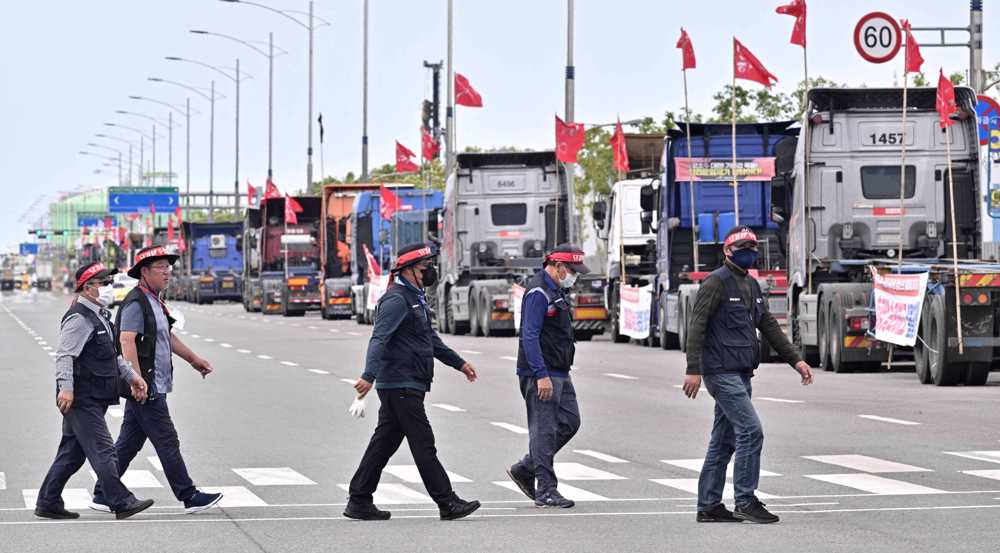
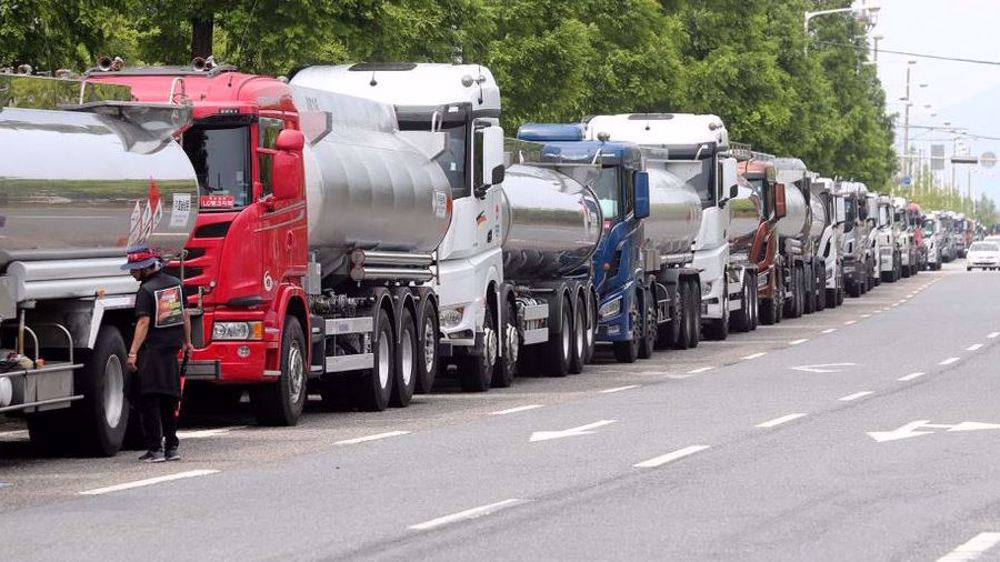
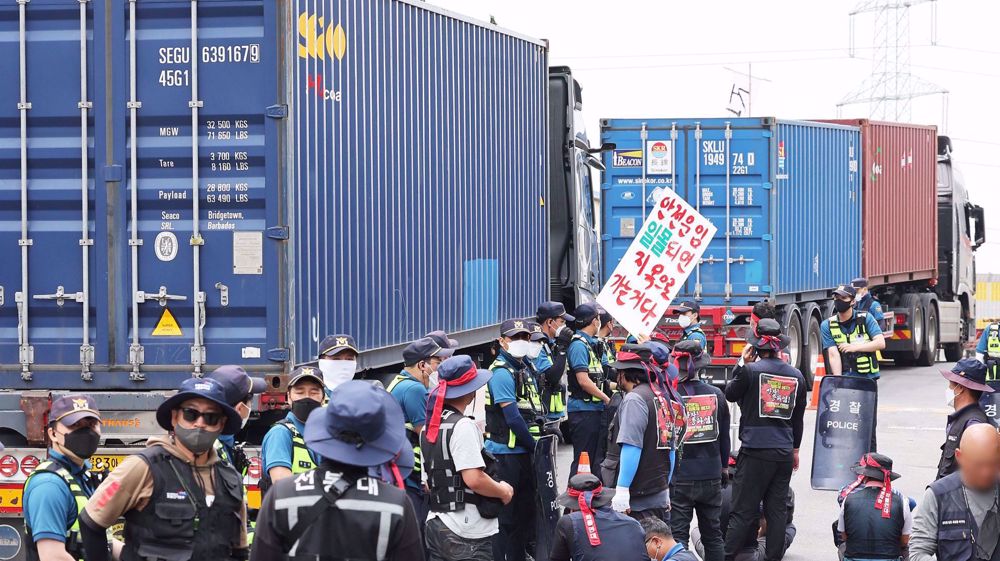
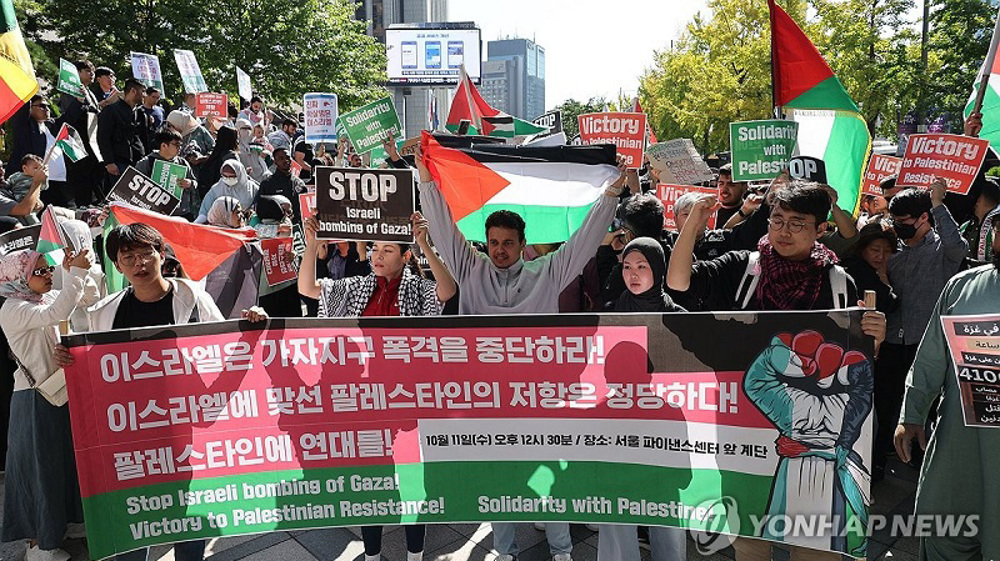
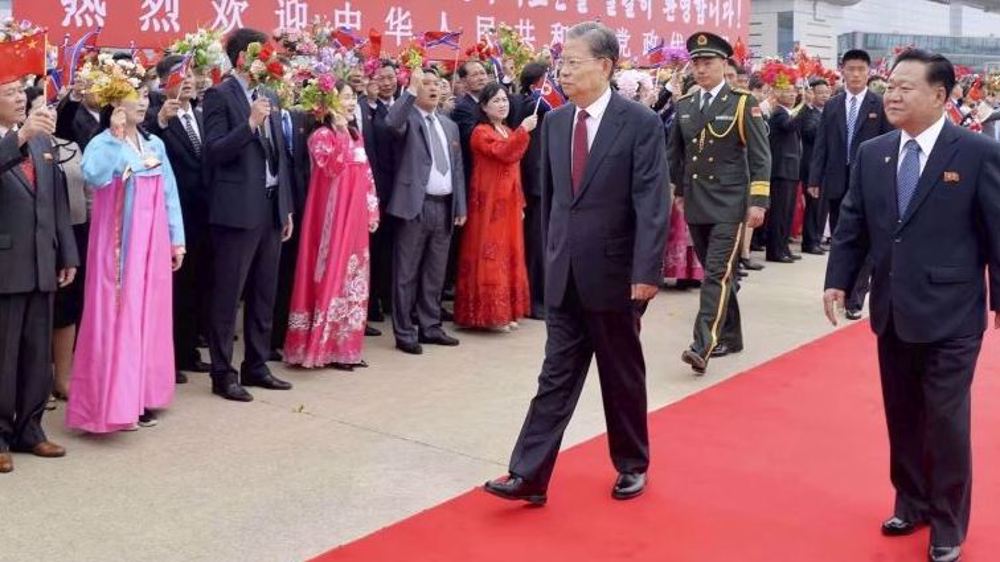




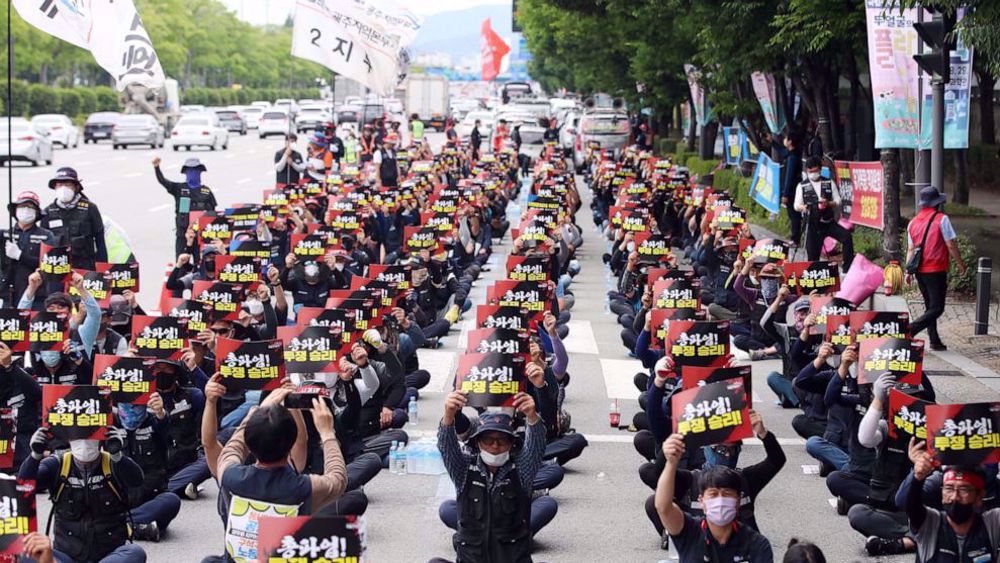
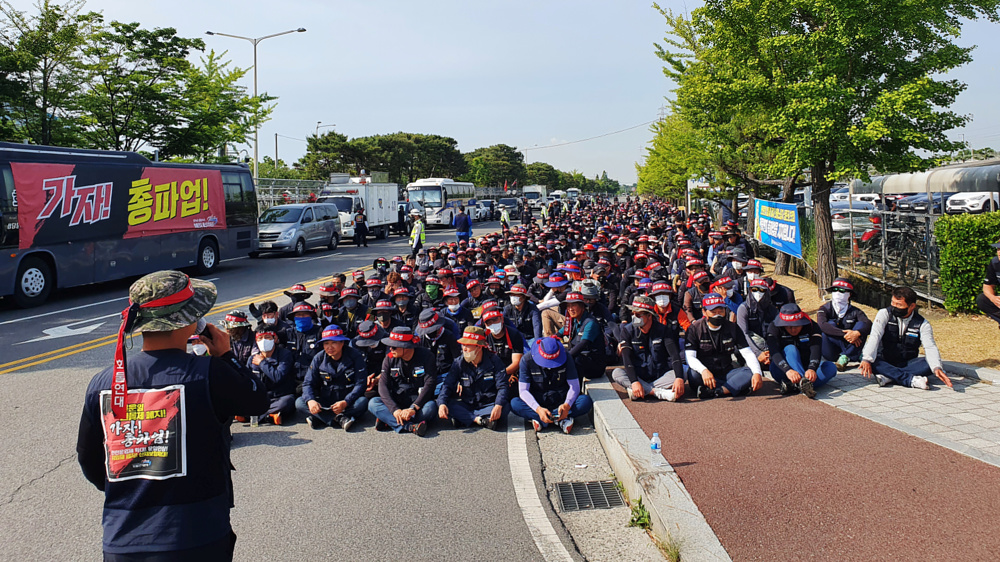
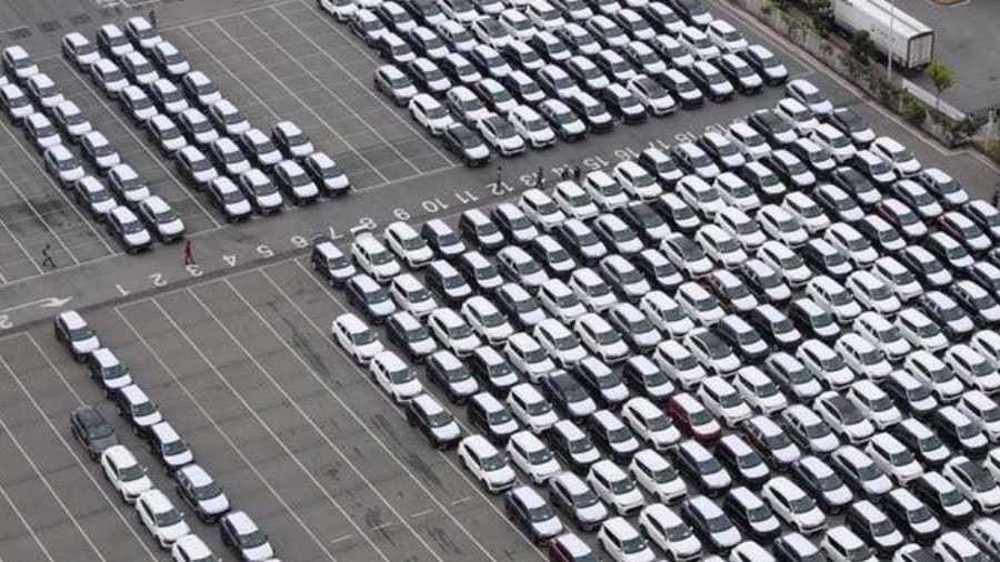

 This makes it easy to access the Press TV website
This makes it easy to access the Press TV website